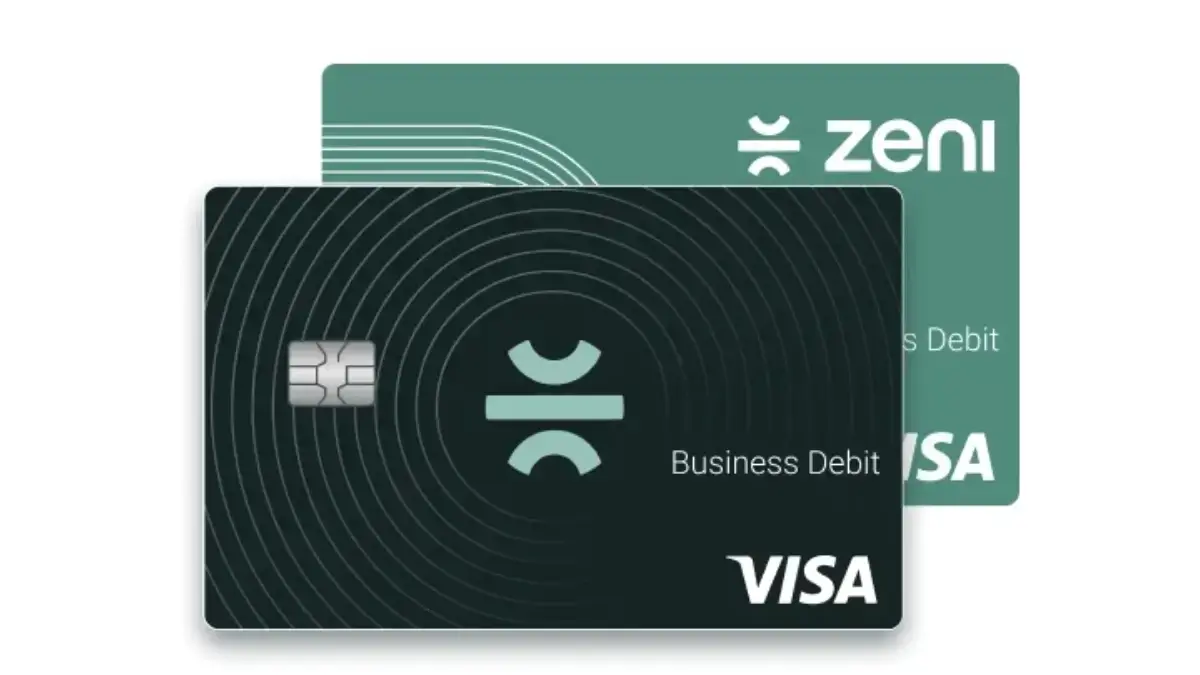
Kudos has partnered with CardRatings and Red Ventures for our coverage of credit card products. Kudos, CardRatings, and Red Ventures may receive a commission from card issuers. Kudos may receive commission from card issuers. Some of the card offers that appear on Kudos are from advertisers and may impact how and where card products appear on the site. Kudos tries to include as many card companies and offers as we are aware of, including offers from issuers that don't pay us, but we may not cover all card companies or all available card offers. You don't have to use our links, but we're grateful when you do!
Does Your Credit Score Affect Your Home Insurance Rates?
July 1, 2025


If you’re shopping for homeowners insurance, you might be surprised to learn your credit score can impact your premium. Many homeowners expect factors like their home’s location or value to affect rates – which they do – but credit history is also a significant factor in most U.S. states.
Insurance companies often use a specialized “credit-based insurance score” derived from your credit report to help set your rate. So, does your credit score affect home insurance? In most places, yes it does. This article breaks down why that is, how much it can change what you pay, and what you can do about it.
Why Insurers Look at Your Credit in the First Place
Insurance might seem unrelated to your credit cards and loans, but statistics show a strong link between credit behavior and insurance claims. Studies have found that people with lower credit scores tend to file more insurance claims, costing insurers more money. In insurers’ eyes, a low credit score flags someone who might be higher risk to insure.As a result, many insurance companies use credit-based insurance scores to decide your rate – essentially, they’re using certain credit factors to predict the likelihood that you’ll make a claim.
What is a credit-based insurance score? It’s similar to your regular credit score, but optimized for insurance risk. Both use your credit report data, but an insurance score weighs things a bit differently. The key idea is the same: if you’ve managed credit responsibly, you’re seen as more responsible in other areas of life, and thus less likely to have costly home insurance claims. It’s not about whether you’ll pay your insurance bill; it’s about predicting risk.
How Much Can Credit Score Affect Your Home Insurance Rate?
The difference can be dramatic. A homeowner with good credit (~700 FICO) might pay about $2,110 per year for home insurance, whereas a similar homeowner with poor credit (<630) would pay around $3,620 per year – that’s 71% more on average. In other words, having bad credit could mean paying hundreds of dollars extra annually for the same coverage, solely due to credit history.
Why such a big swing? Think of your premium as a personalized price tag for risk. If your credit score is low, the insurer’s formula (rightly or wrongly) thinks you’re more likely to have a claim, so they “price in” that risk by charging more. On the flip side, excellent credit might score you a sizable discount on insurance. Some insurers even reserve their lowest rates for customers with top-tier credit (e.g. an 800+ score) who have no recent claims.
It’s important to note that each insurer weighs credit differently. One company might hike your rate 50% for a poor credit score, while another might only increase it 20%. That’s why it’s crucial to shop around – you may find an insurer that is more forgiving of your credit situation.
When you’re comparing insurance quotes, remember that each insurer has its own formula. Don’t forget other insurance types: credit score can affect auto and renters insurance rates. Kudos simplifies comparing auto insurance rates, quickly finding the best rate tailored for you. It’s easy and completely free.
How to Improve Your Situation (Even If Your Credit Isn’t Great)
Maybe you’re reading this thinking, “Uh oh, my credit score isn’t the best… am I doomed to high insurance costs?”
The good news is you have options:
1. Shop Around
If Insurer A wants to charge an extra $500 for your credit, maybe Insurer B or C will charge only $200 extra. It pays to compare at least 3–5 insurers. Some companies, like certain smaller or regional insurers, might downplay credit and focus on other factors.
2. Ask About Re-evaluation
If your credit score improves significantly after you’ve purchased a policy, ask your insurer to re-check your insurance score. You might get a discount mid-policy or at least at renewal. They won’t automatically adjust it, so a polite call could save you money. As one Kudos article advised first-time buyers: if your credit wasn’t great when you got the policy but later improves, request a re-rate – you could snag a lower premium going forward.
3. Focus on Other Discounts
Credit is one factor, but many insurers offer a menu of discounts. You can offset a credit-related increase by claiming other discounts. For example, bundling your home and auto insurance together, installing security systems (many companies give 5-10% off for alarms or smoke detectors), staying claim-free, or opting for a higher deductible can all reduce your premium. These won’t erase a credit surcharge, but they can soften the blow.
4. Improve Your Credit (Long Term)
This is a longer journey, but it’s worth it beyond just insurance. By paying bills on time, keeping credit card balances low, and fixing any errors on your credit report, you can raise your credit score over time. As your score moves from, say, “poor” to “fair” to “good”, you could move into a better pricing tier with insurers. It won’t yield overnight savings, but think of it as investing in lower insurance rates down the road.
Tip: Using a tool like Kudos or a credit monitoring app can help you track your progress and get there faster.
Conclusion
In summary, yes – your credit score can absolutely affect your home insurance rates in most of the U.S. It’s one of those lesser-known personal finance facts that can either save you money or cost you, depending on how you manage your credit.
The first step is knowing about it. The next step is using that knowledge: maintain good credit habits, compare insurance options, and leverage discounts. That way, you’ll ensure you aren’t overpaying on your homeowners insurance, and you’ll keep your finances in great shape.

By being proactive and informed, you can beat the insurance system at its own game – turning your credit score from a liability into an asset when it comes to protecting your home. 🏠💸
FAQs
Does my credit score affect other insurance policies, like auto or renters insurance?
Yes, in most states insurers also use credit-based scores for auto insurance and sometimes renters insurance. The practice is very common in auto insurance – in fact, credit can influence car insurance premiums even more than driving history in some cases.
Will getting a homeowners insurance quote hurt my credit score?
No – shopping for home insurance will not hurt your credit. Insurance inquiries are typically “soft” pulls, meaning they do check your credit report for the score, but it doesn’t deduct points from your score. It’s similar to when you check your own credit or when a lender pre-approves you – those are soft inquiries too.
Can an insurance company deny me coverage because of my credit?
They usually can’t outright deny you a policy solely due to credit, at least not in many states. Insurers can use credit to decide your rate and even sometimes to decide eligibility, but there are often rules that they cannot make the decision based only on credit.
Which states don’t allow credit scores to be used for home insurance?
As of now, California, Maryland, and Massachusetts ban the use of credit history in setting home insurance rates. Insurers in those states will ignore credit information. A few states have partial restrictions: Michigan and Oregon have some limits on credit use. Laws do change, so it’s wise to check current state regulations or ask your state’s insurance department if you’re curious or concerned.
What is a “good” credit score in terms of getting better insurance rates?
Generally, if your FICO score is in the high 600s or above, you’re considered to have “good” credit by insurers. Many insurers approximate tiers like this: around 700+ is good, 750+ is excellent; below ~630 is poor. Each insurer defines it a bit differently, but if you’re 700 or higher, you’re likely getting whatever credit-related discount is available.

Supercharge Your Credit Cards
Experience smarter spending with Kudos and unlock more from your credit cards. Earn $20.00 when you sign up for Kudos with "GET20" and make an eligible Kudos Boost purchase.
Editorial Disclosure: Opinions expressed here are those of Kudos alone, not those of any bank, credit card issuer, hotel, airline, or other entity. This content has not been reviewed, approved or otherwise endorsed by any of the entities included within the post.





























.webp)
.webp)
.webp)
%20(1).webp)
.webp)
.webp)


.webp)